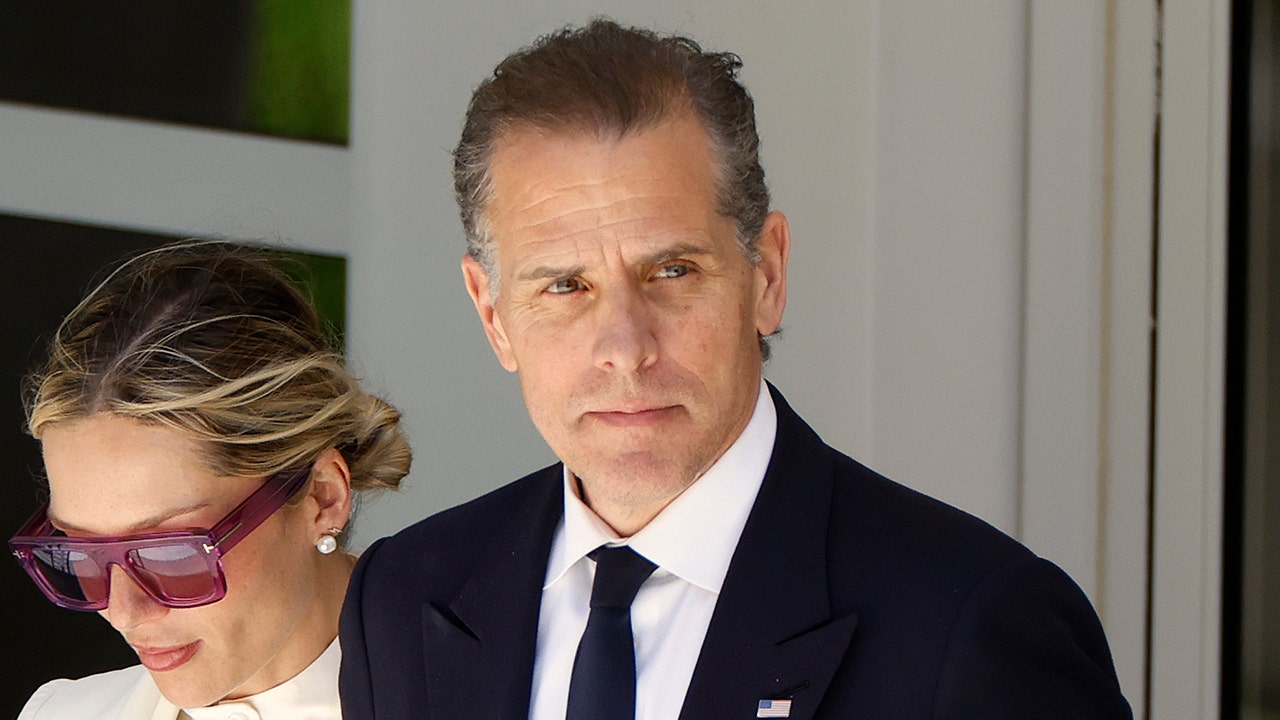Last year proved one of the deadliest on Nevada roads, with 412 deaths resulting from vehicle crashes.
The 412 traffic deaths in 2024 resulted from 377 crashes involving a fatality, according to an annual report from the state Office of Traffic Safety. That makes 2024 the fourth-deadliest year on record, according to state records dating back to 1991 and tracked by the Las Vegas Review-Journal.
As is the case each year, the top contributing factors to fatal crashes were speeding and impairment, according to the state.
The Nevada Office of Traffic Safety’s internal tracking of crashes reveals that between 50-60 percent of those who die in road crashes have an impairing substance in their system, according to Anita Pepper, spokeswoman for the office.
The deadliest year on record was 2006 with 431 deaths. The next deadliest year was 2005 with 427; followed by 2022 with 416; 2024 with 412 deaths; and 395 in 2004 rounds out the five deadliest years.
“Unfortunately, the numbers are trending very high,” Pepper told the Review-Journal. “We are almost back to where we were in 2022, and it’s devastating to see that the number is climbing.”
Last year’s total is an increase of nearly 6 percent compared with 2023’s total of 390 traffic deaths.
In Clark County, traffic deaths rose nearly 14 percent in 2024, with 293 deaths compared with the 258 seen in 2023.
Increasing safety
Clark County’s Office of Traffic Safety, which was founded in 2022, is focusing on re-evaluating its priorities when it comes to roads, deep-diving into data,and looking at sections of roads and intersections that need to be improved.
“At some point there will be a document that is the Safe Streets for All Action Plan for Southern Nevada,” Clark County Office of Traffic Safety Director Andrew Bennett told the Review-Journal. “We’re focusing a great deal of resources on that.”
Erin Breen, director of UNLV’s Road Equity Alliance project, said a lot can be done to increase the safety of all road users, but she said only a few leaders have the will to stand up and explain what needs to be done.
“Because the average driver sees the change as detrimental to their commutes, and getting places fast is a way of life here, unfortunately, it’s the leading contributor to fatalities too,” Breen said.
With speed continually a top factor in fatal crashes, Breen said curbing that is the easiest way to reduce road deaths. She noted that it wouldn’t be cheap, but it is the easiest and most effective way to make Nevada roads safer.
“Changing how fast drivers are comfortable traveling would add to the safety and comfort of those on foot, bike or mobility device,” Breen said. “Narrowing travel lanes on arterial roads, with further reductions at intersections would slow drivers down and assure that the crashes that do happen would be less severe. It would also allow for protected bike lanes and wider sidewalks for those traveling under human power.”
Part of the county’s action to create the Safe Streets for All Action Plan includes overlaying crash and citation data with speed involvement to paint a picture of the Las Vegas Valley’s roads.
“That might have disproportionate representation of crashes and high-injury crashes,” Bennett said. “That will paint a picture countywide, including our rural communities in that as well. That’s the bigger picture, smaller picture I think we’ve done more and continue to work with individual neighbors and businesses in the community, places of interest, whether it be schools or parks, ensuring that we have the ability to listen to the people that are using our road networks.”
Vulnerable road users
Traffic fatalities among vulnerable road users, which includes pedestrians, cyclists and motorcyclists, saw some of the latest increases in the state and in the Las Vegas Valley.
Motorcyclist deaths rose an alarming 28 percent in the state, going from 64 in 2023 to 82 last year. In Clark County, motorcyclist deaths jumped 22 percent in 2024 compared with the year prior, going from 50 in 2023 to 61 last year. Washoe County, which includes Reno, saw a nearly 63 percent increase in motorcyclists’ deaths, from eight in 2023 to 13 in 2024.
“I can say that speed was a big factor in our increase. A lot of the time speeding motorcyclists were their own cause of death, but so many times they were aided by drivers turning, mostly on permissive flashing yellow arrows, which are great for moving cars, terrible for saving lives,” Breen said.
Bicyclists also saw an increase in fatalities, going from 14 in 2023 to 15 in 2025, a 7 percent increase in the state and increasing from 10 to 11 deaths in Clark County, a 10 percent jump.
Pedestrian deaths in the state rose by nearly 5 percent, going from 107 in 2023 to 112 in 2024. In Clark County, pedestrian deaths rose by 14 percent, with 95 deaths last year, up from the 83 seen in 2023.
“In 2023, the state reached over 100 pedestrian fatalities for the first time, we came dangerously close just in Clark County (this year),” Breen said.
Breen noted that during the Great Recession, when fewer people were driving, only 29 and 30 pedestrian fatalities occurred in 2009 and 2010, respectively. That number increased to a then-all-time high in 2017 at 78 fatalities, a number that then was topped in both 2018 and 2023, with 83.
“Our population increase isn’t the issue, people who drive far too fast and completely focused on themselves is a problem,” Breen said.
Deaths tied to vehicle occupants not wearing a seat belt dipped slightly with 64 in 2024 compared with 68 in 2023, a nearly 6 percent drop in the state. Clark County saw a nearly 10 percent decrease, going from 41 last year to 37 in 2024.
Personal choices
Even with all the messaging, educating and engineering from state and local officials occurring in relation to roads, the key aspect to increasing safety is choices made by each individual driver, Bennett said. Even though many believe that speeding will get them to their destination quicker, in traffic, data suggests otherwise.
“We need to have an honest conversation with out community,” Bennett said. “There’s report after report that shows that speeding 10-12 mph over the speed limit doesn’t result in you getting to your destination any quicker. Speeding isn’t worth it. Nothing delays traffic like a fatal crash. We’re trying to balance moving our community safely and effectively, but making sure that safety is part of that conversation.”
Contact Mick Akers at makers@reviewjournal.com or 702-387-2920. Follow @mickakers on X. Follow @mickakers on X. Send questions and comments to roadwarrior@reviewjournal.com.

/cloudfront-us-east-1.images.arcpublishing.com/gray/5QE7BT3VENEKJP35TZ4SCOIICY.bmp)
























/cdn.vox-cdn.com/uploads/chorus_asset/file/25822586/STK169_ZUCKERBERG_MAGA_STKS491_CVIRGINIA_A.jpg)

/cdn.vox-cdn.com/uploads/chorus_asset/file/25821992/videoframe_720397.png)


